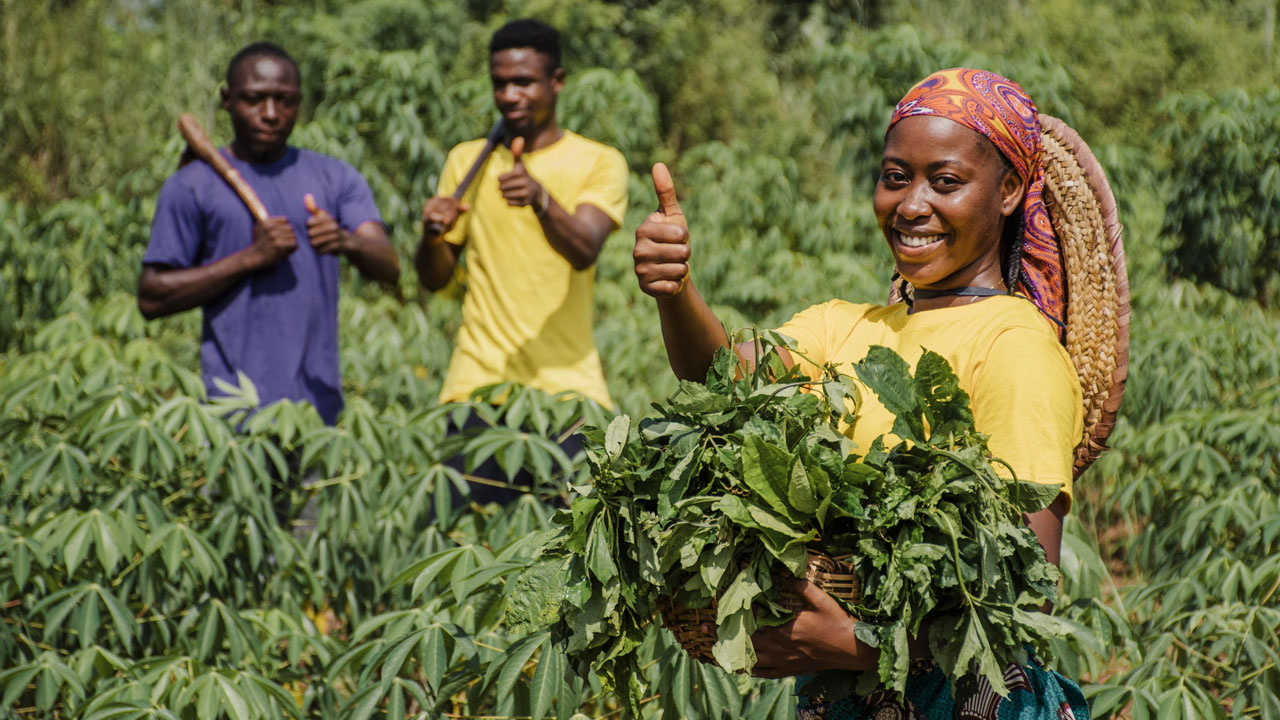
Cassava is a root crop that is well-suited to the tropical and sub-tropical climates of Africa, including Zambia and Zimbabwe. It is an important food crop in the region and is also used as a raw material for the production of animal feed, biofuels, and industrial starch.
Growing Cassava in Zambia or Zimbabwe for business purposes can be a profitable venture due to its low cost of production, high yield potential, and multiple uses. The following are some key points to consider when growing cassava for business purposes:
- Choosing the right variety: There are several varieties of cassava available in Zambia and Zimbabwe, each with its own unique characteristics. It’s important to select a variety that is well-suited to the local climate, soil type, and pests and diseases in the area.
- Soil preparation: Cassava grows well in well-drained soils with a pH range of 5.5-6.5. The soil should be prepared by deep plowing, harrowing, and ridging to allow for adequate aeration and drainage.
- Planting: Cassava is typically planted by stem cuttings, which are obtained from mature plants. The stem cuttings should be planted in a slanting position, with the upper part of the stem facing upwards. Planting should be done during the rainy season to ensure adequate moisture.
- Fertilizer application: Cassava is a low-input crop that requires minimal fertilization. However, applying organic or inorganic fertilizers can help to improve the yield and quality of the crop.
- Pest and disease management: Cassava is susceptible to various pests and diseases, including mealybugs, spider mites, and cassava mosaic disease. Regular monitoring and timely application of appropriate pesticides can help to control these pests and diseases.
In Zambia, cassava is grown in several regions, including the Eastern, Central, Luapula, and Northern provinces. The Eastern province is particularly well-suited for cassava production due to its favorable climatic conditions and availability of markets for the crop. In Zimbabwe, cassava is grown in several regions, including Mashonaland Central, Mashonaland West, and Masvingo. The Mashonaland Central province is particularly well-suited for cassava production due to its fertile soils and availability of irrigation water.
In conclusion, growing cassava in Zambia or Zimbabwe for business purposes can be a profitable venture, especially when the right variety is selected and proper soil preparation, planting, fertilization, pest, and disease management practices are implemented.


















